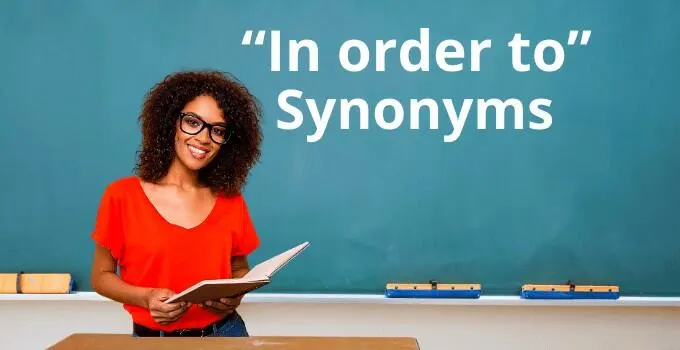Watching TV shows and movies in a foreign language you’re learning is a great way to practice your listening comprehension skills. Unlike audio created specifically for learning, they feature people speaking at normal speeds and usually in a colloquial manner. On the other hand, you can sometimes run into odd expressions that aren’t used so …
Search results for: as above so below
Any writer worth their salt knows the importance of having a dictionary handy and nearby. There are countless situations where you need a little help to find the right word that perfectly describes what you want to say. Moreover, there are other scenarios where you know the right word but want to use one of …
Commas are tricky creatures. A lot of the time, whether you use them or not depends on how important the following information is. So, if the information you provide is critical to the meaning of the sentence, then you shouldn’t use a comma. For instance, when talking about your oldest brother, you should say, “My …
In today’s ultra-connected world, one that moves at a break-neck pace, email has become the preferred medium of communication for many professionals. If you think about it, it kind of makes sense: For one thing, emails don’t take up any physical space, yet, at the same time, you never have to worry about losing a …
Here, at Linguablog, we’ve explored various aspects of language. We’ve looked at how language intersects with culture. We’ve delved into how certain words originate and how they morph over time. And, we’ve talked about various grammatical rules that make English the beautiful, rich language it is today. However, one thing we haven’t talked about all …
All you ever need to know about the Japanese Alphabets (well, syllabaries to be more correct)
Call your Japanese boss like a boss!








